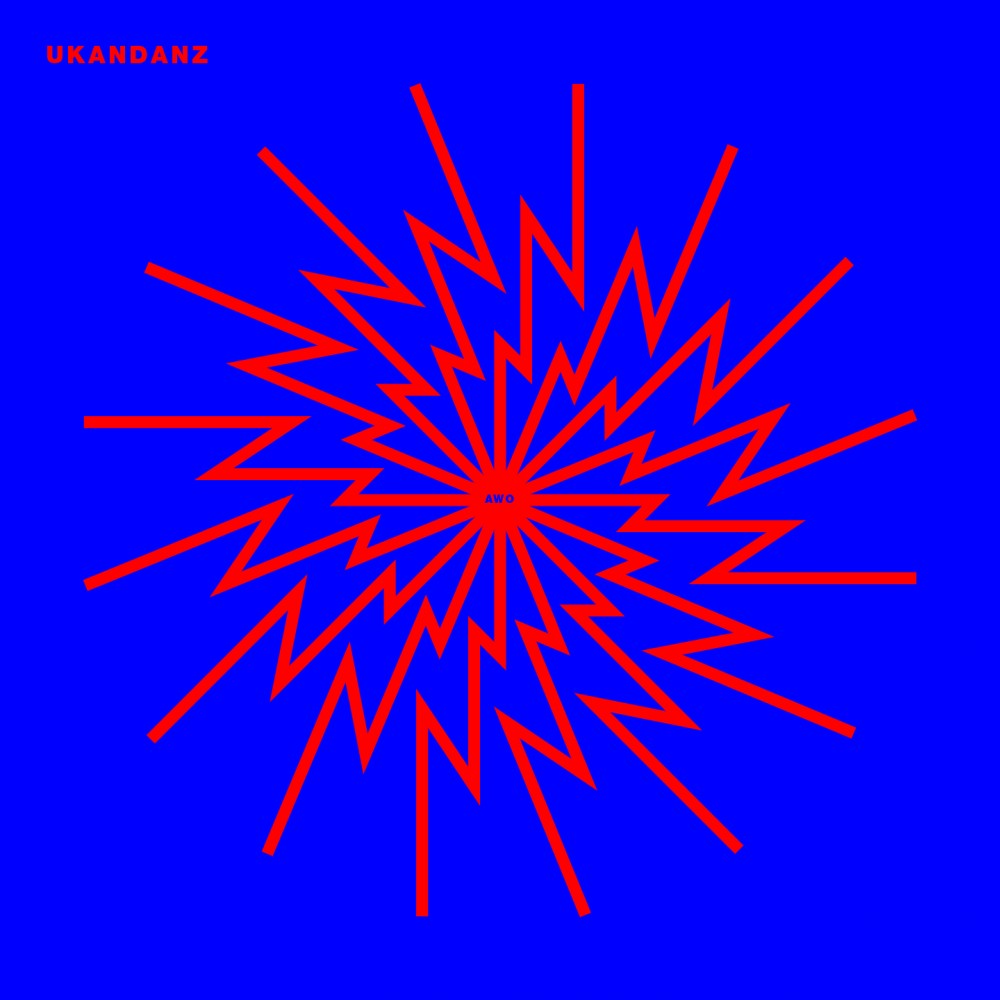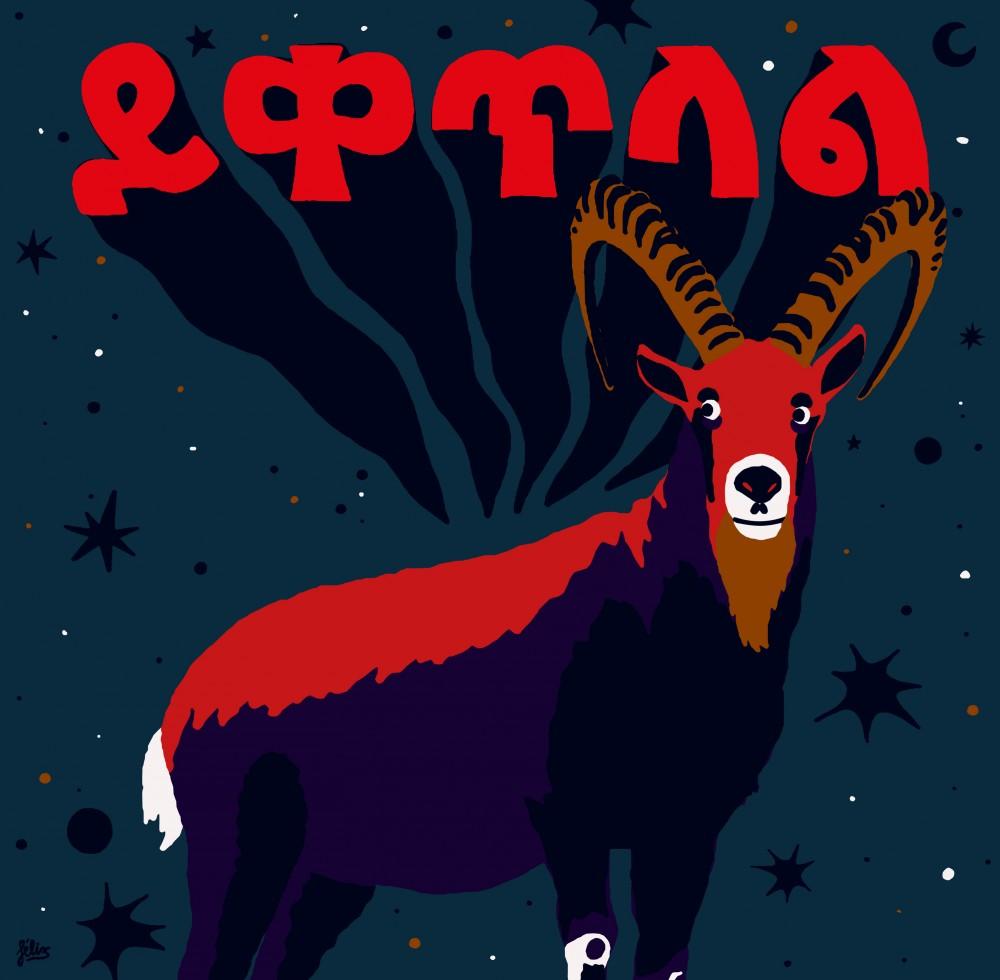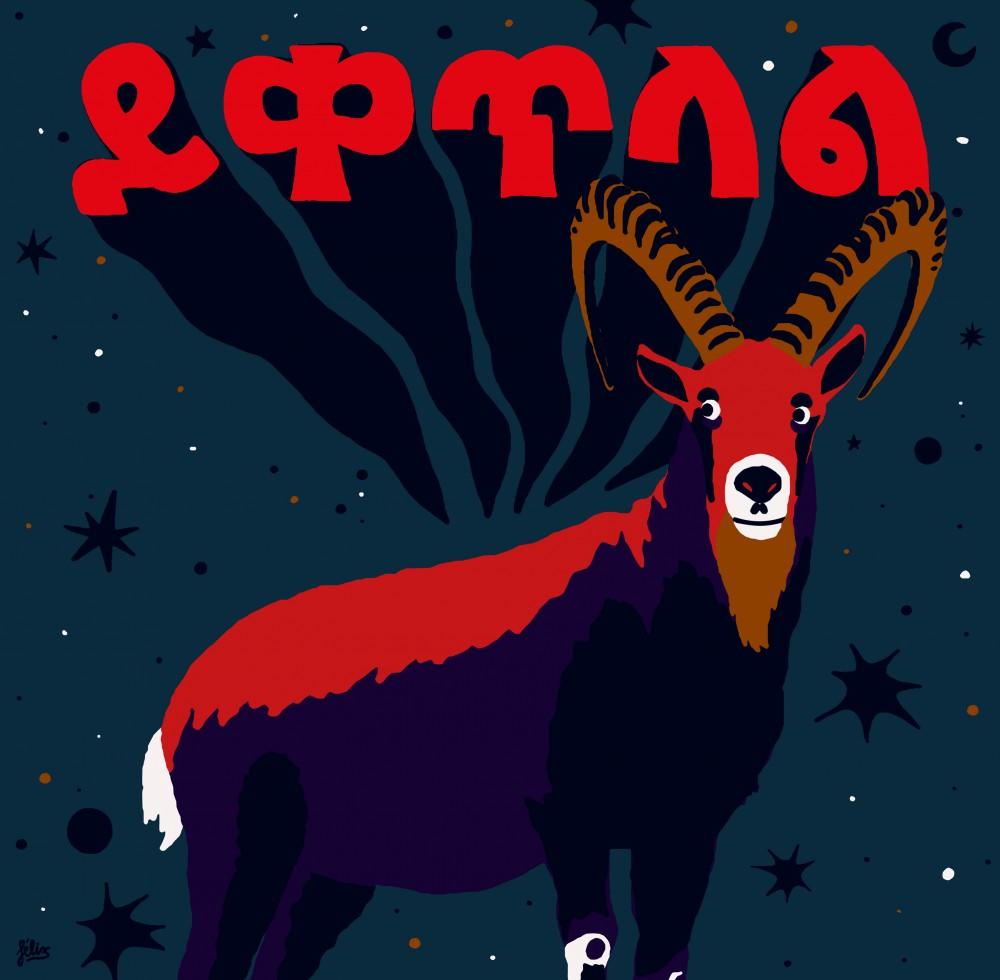In Ethiopia, sons follow fathers and, together, their names tell a story.
Some discographies are the same way. After Yechelal (“It’s Possible”), Awo (“Yes!”),here’s Yeketelale (“It Continues”), the third album from Ukandanz.
The adventure that links Damien Cluzel (guitars) and Lionel Martin (tenor sax), the two founders of the group, with the Ethiopian singer Asnake Guebreyes continues and, with this album, takes on new colours and a new dimension. It is a polished synthesis that keeps the rock energy of their first recordings and gives even more space to the subtle vocal ornamentations that mark great Ethiopian singers. Add to that a groove that is more danceable than ever, carried by Adrien Spirti's synth bass and Yann Lemeunier's drums, and you have the magic formula of Yeketelale.
This came about slowly over the course of a dialogue that began in the early 2000s when Damien Cluzel, arriving with a circus in Ethiopia, met up with the occupant of the next room in their hotel. A stroke of luck: this was Francis Falceto, high priest of the Ethiopiques collection (Buda, 30 volumes to date) which had introduced to the West the treasures of swinging Addis, the capital that vibrates to the sound of big brass orchestras. With him, he dives into the capital’s nightlife and meets a galaxy of musicians. The singer Asnake Guebreyes is among them.
Recruited by the famous Police Orchestra at the tender age of 16, he already had all the power, energy and class of his role model, Tlahoun Guessessé — “the Ethiopian James Brown”. He began his solo career at the beginning of the 1990s with several major successes, most famously an explosive duo with the singer Fekker Addis. That is when he met Damien Cluzel and, like him, contributed to the album Jump to Addis (Ethiopiques volume 15) which brought together Addis singers and Western musicians.
This experience made a big impact on the French guitarist. Having learned how to blend in with a uniquely Ethiopian groove, he was now ready to take it to other places and in other directions. In his old friend Lionel Martin, he found an ideal partner to engage in such experiences. But they needed a singer. The idea of Asnake Guebreyes was mentioned. Then Francis Falcetto (him again!) called and suggested going to see him at the Addis Music Festival. Ukandanz, a rock version of Ethiopian groove, was born.
Ukandanz continued to work that groove, culminating in 2016 with their second album, Awo — edgy and electric trance that pushes the limits of campaigning rock. Two years on, Damien Cluzel and Lionel Martin have chosen to temper the explosive anger of their music to allow the voice to flourish in all its subtlety, and the groove is an imperious call to dance. To achieve this they used a new rhythm section, adding the sound of electronic drums and, made to measure, the analog bass synth. Some pieces, like the disturbing Yene Hassab, call to mind Herbie Hancock’s experiments in the seventies, as well as the Juju guitars of the Gulf of Guinea. Others, like the dark Fetsum Deng Ledj Nesh, allow Asnake's voice to soar above the synthetic waves, like a siren song for a freighter in distress. Dance and trance are not left out, with inspiration from the inexhaustible Ethiopian traditional repertoire. In a nod towards Asnaké’s first album (Ahadu, reissued by Buda in 2018), Ukandanz returns to its track Ajiré, transfigured by the guitar, claps and synthetic bass and takes us back to the glory days of breakdancing. Listening to the two versions gives the key to understanding the unique touch of Ukandanz — and of the rich musical colours of Yeketelale ("It Goes On"), a fusion musical journey that brings the electric spark of the Frendj (Westerners) to Ethiopian lyricism.



